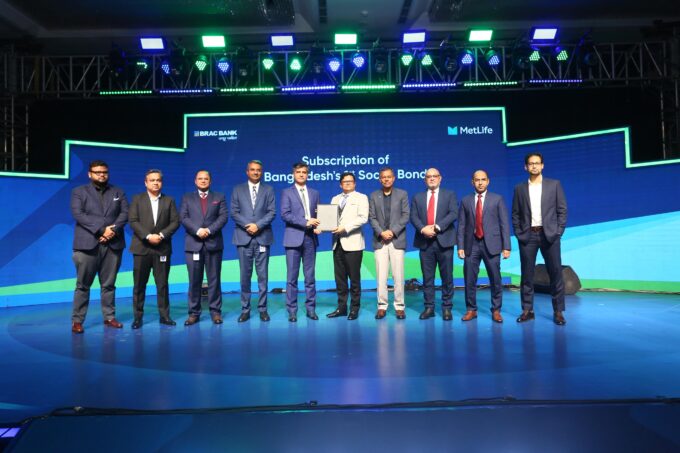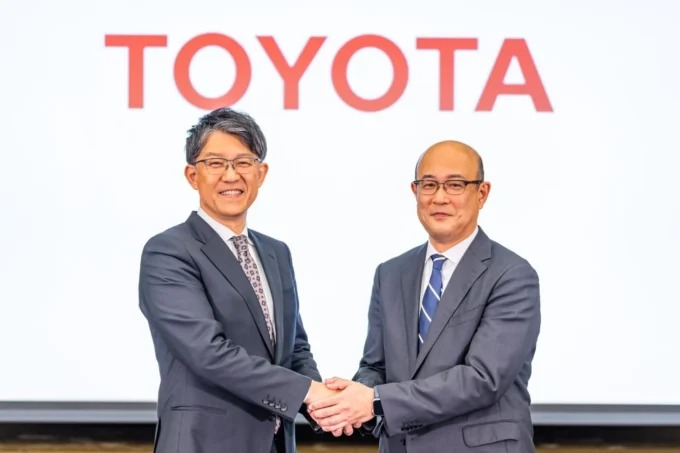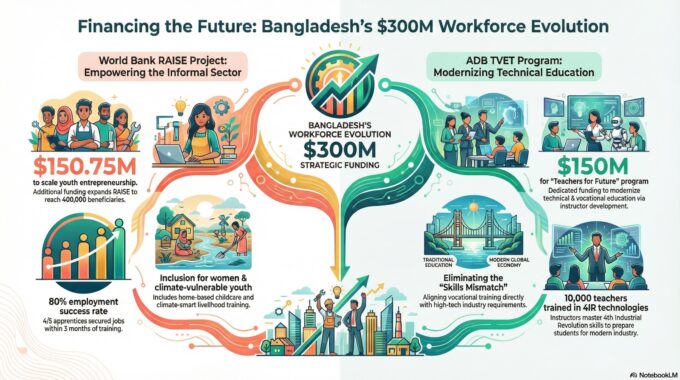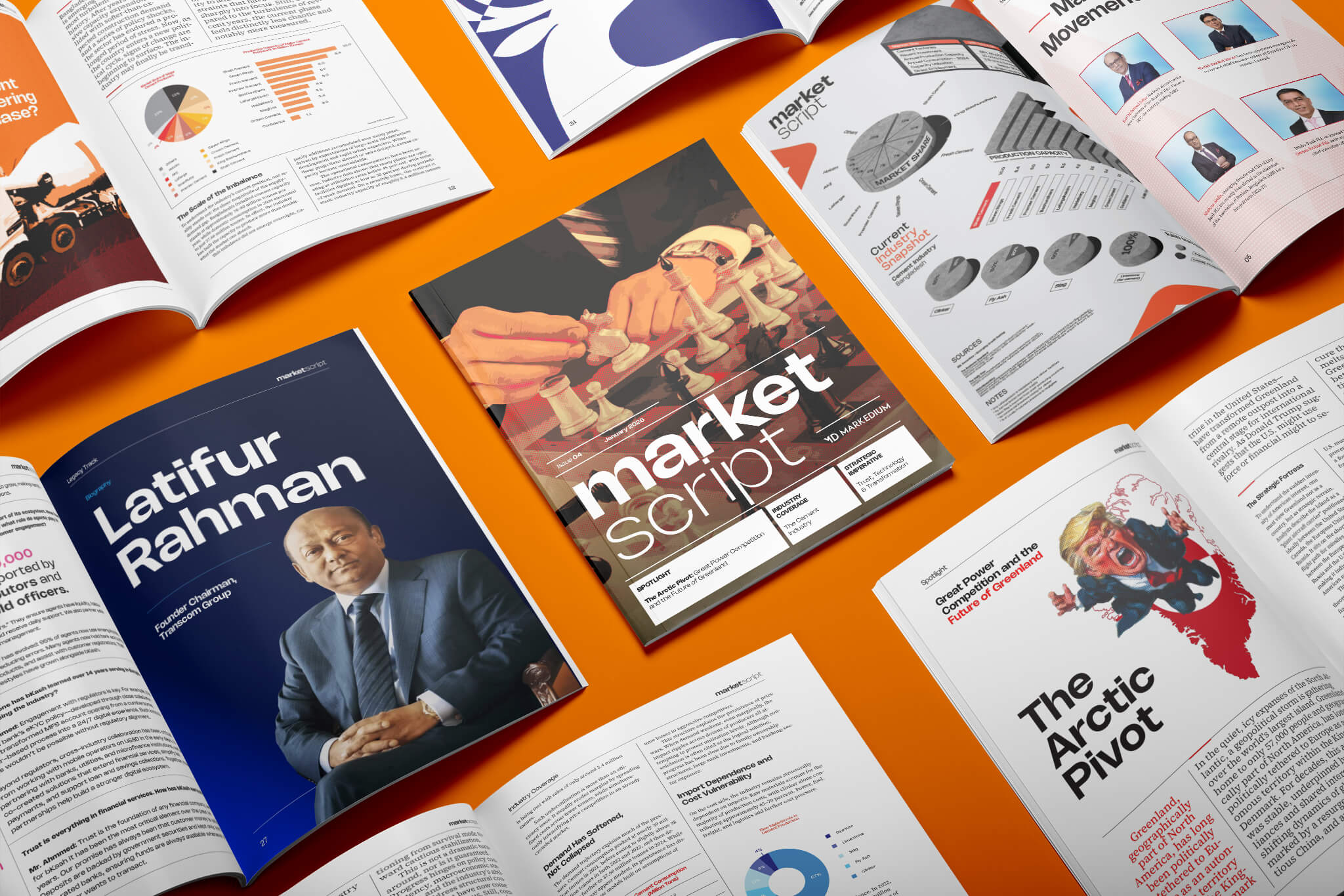The BCG identified 15 Bangladeshi rising local champion businesses with at least $300 million in annual sales who are at the forefront of a corporate change in its analysis of 2,400 enterprises worldwide.
A bold ambitious vision, an emphasis on continuous transformation, better customer outcomes through personalization, social impact, improved productivity, a shift from process excellence to product innovation, and strategic international expansion to create globally-recognized brands are among the drivers that should allow rapidly growing, low-debt, emerging local champion firms to lead Bangladesh’s economy to a developed one by 2041, according to the BCG in its November 2022 report.
“These innovative companies have grown rapidly, created a structural advantage, and are ready to leverage their balance sheet to pursue their global ambitions.”
– The BCG
How Rising Leaders are Prepared to Take the Front
The BCG interviewed prominent Bangladeshi organizations with annual revenues ranging from $300 million to $3 billion, including intergenerational enterprises, tech startups, purely local businesses, internationally diversified businesses, single-sector specialty corporations, and conglomerates.
BRAC is the world’s largest nonprofit organization, and it operates massive social businesses, top-tier lender Brac Bank, and mobile financial services giant Bkash, as well as shipbreaking, glass, and vehicle manufacturing companies like PHP, ride-sharing, and food delivery giant Pathao, home appliances and electronic market leader Walton, food giant Pran, power generation champion Summit Group, largest pharmaceutical firms Square, Renata, clothing exporter FCI, conglomerates Beximco and Meghna Group, cement, salt, paints, and power generation conglomerate Confidence Group are among the case studies in the BCG.
The BCG anticipates its transition from domestic to global leadership by examining how they are preparing for the future to flourish in a dynamic and disruptive modern operating environment, which should translate into an exciting economic future for Bangladesh.
According to the BCG, Bangladeshi champion enterprises have similar qualities found in the DNA of internationally winning organizations. Almost eight out of ten Bangladeshi rising champions understand the importance of continual change, whether in terms of organizational practices or altering the firm itself or operations.
Inspiringly, 56% of enterprises have prioritized the social effect of their business, which tends to support growth and sustainability the most in today’s market.
For example, Beximco is significantly investing in green electricity and apparel operations, Brac is improving lives in many nations, Brac Bank, Bkash, Shopup, and Pathao are utilizing technology tremendously, and PHP is investing in ecologically safe shipbreaking.
More businesses have a strong, ambitious goal, and the majority of them are already seeking strategic worldwide expansion in order to develop internationally recognized brands.
Walton has achieved a strong local market share and is now accelerating its worldwide expansion plan by acquiring three European businesses with trademark rights in 57 countries. According to BCG, the Bangladeshi electronics store is now trying to build a contract manufacturing arm in Mexico to get access to the US market through this platform of global expansion.
For example, Beximco is significantly investing in green electricity and apparel operations, Brac is improving lives in many nations, Brac Bank, Bkash, Shopup, and Pathao are utilizing technology tremendously, and PHP is investing in ecologically safe shipbreaking.
More businesses have a strong, ambitious goal, and the majority of them are already seeking strategic worldwide expansion in order to develop internationally recognized brands.
Walton has achieved a strong local market share and is now accelerating its worldwide expansion plan by acquiring three European businesses with trademark rights in 57 countries. According to BCG, the Bangladeshi electronics store is now trying to build a contract manufacturing arm in Mexico to get access to the US market through this platform of global expansion.
According to the BCG, the Bangladeshi emerging champions must focus on strategic imperatives such as raising high-quality capital, seeking international partners, commanding a larger share of the global supply chain, shifting from process excellence to product innovation, improving productivity, leveraging digital technology and data, and acquiring, upskilling and retaining talent. Businesses are making significant investments in individuals seeking a better future.
Another advantage of Bangladeshi rising champions is that their debt level is substantially lower than that of their international rivals, allowing them to borrow more to fund their growth and ambition.
In comparison to 15% of S&P 1200 businesses, 42% of public Bangladeshi companies have a debt-to-capital ratio of less than 20%, indicating that they are mostly expanding on their own capital to lead the local market. According to BCG, the median debt-to-capital ratio for the S&P 1200 is 42%, compared to 27% for Bangladeshi enterprises.
Economic Strengths of Bangladesh
The country’s $416 billion GDP in 2021 would rise to $1 trillion by 2040 if growth rates of 10% are maintained, or by 2040 if growth rates of 5% are maintained. It surpassed its main Asian peers, including Vietnam, India, the Philippines, Thailand, and Indonesia, with a 6.4% average growth rate from 2016 to 21.
According to the BCG, Bangladesh’s 3.4% GDP growth in 2020, despite the pandemic, is comparable to the economy’s prior spectacular growth narrative during the global financial crisis of 2007-09, when GDP increased at a pace of 5.5% compared to the world average of 0.4% at the time.
The present economic environment has generated some uncertainty, with liquidity issues, foreign exchange concerns, and inflationary pressures in the medium term, but the actions Bangladesh is taking should allow it to stay on track to become a trillion-dollar economy, according to the BCG.
According to the BCG researchers, the eight major growth drivers here are solid optimism, rising consumption, a growing young workforce, high economic resilience, digital momentum, the government’s role in shaping the economy, a thriving gig economy, and, most importantly, a fast-growing private sector.
According to the BCG, 57% of Bangladeshis feel the next generation will have a better life.
Along with being the second largest apparel exporter, Bangladesh has already emerged as the second largest supplier of online labor, with a 15% global share, while tremendous digital momentum continues to help boost telecommunication, digital financial services, and other reasons to continue betting on Bangladesh’s economy.
The 34% national savings rate, compared to the global average of 27%, and the lowest among peers’ 35% national debt, even though public spending in Bangladesh has quadrupled in the last ten years, demonstrates a ground that provides significant room for national leverage to pursue ambitions.
Read more: Pepsi Releases The Football Clip “Nutmeg Royale” In Bangladesh
Bangladesh has a substantial, well-managed private sector, with a number of enterprises producing more than $200 million in yearly sales more than doubling to 28 in the five years until 2021.
In a demonstration of their strong fundamental performance, powerful business, and shareholder value creation, publicly traded local champions in Bangladesh have delivered an annual average total return of 16% over the last decade of a bearish stock market, which is higher than the S&P global 1200 companies, Asia 50 Index, or MSCI Emerging Markets.
For more updates, be with Markedium.










































Leave a comment